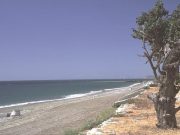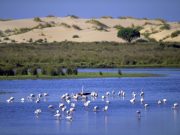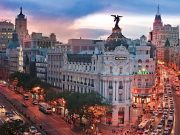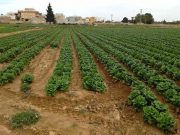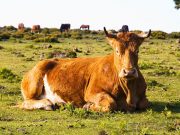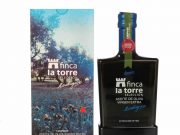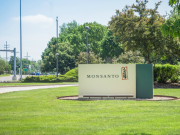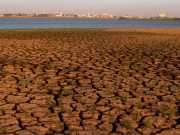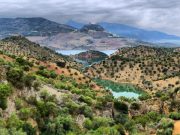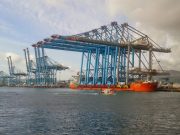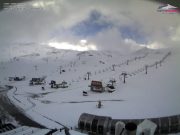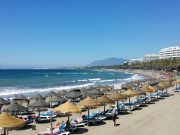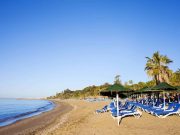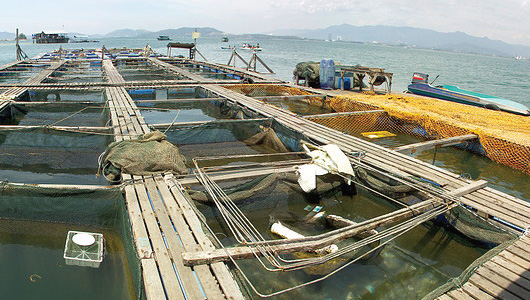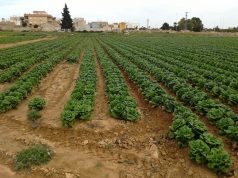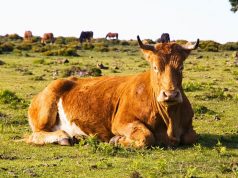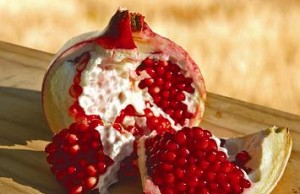The authorities are subsidizing a movement towards improving conditions and numbers of factory-farmed fish. But is it safe? asks Sara Oker
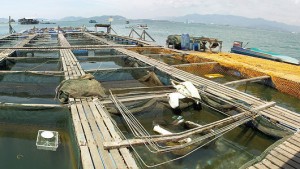
IN a few years time, factory-farmed cod, haddock and sole will be as common as factory-farmed salmon, trout and sea bass, say the experts. More and more of the fish that we consume, both in restaurants and via supermarkets, will not actually come from the sea. Instead, it will come from holding tanks, where fish are literally born, reared and culled, before being put on our plate. But, before you go green at the gills, read on.
Aquaculture, as it is known, is becoming one of Spain’s fastest-growing industries. And it has to be. With fish stocks dwindling and overfishing at a critical stage, it is perhaps vital that this new industry is embraced with open arms.
Yet, the industry has been heavily criticised for both malpractice and in its entire concept over recent years. There are numerous concerns ranging from the issues of pollution caused by fish waste, to the imparts of sourcing raw materials from the sea.
For example, it can take up to five pounds of wild fish to produce just one pound of farmed fish. At the same time the process is said to pollute the environment with antibiotic-laden fish food, diseased fish carcasses and fecal matter.
Further concerns arise over the conditions in which the fish are raised.
They often spend their lives in cramped and unhygienic enclosures, which can lead to infections, diseases and debilitating injuries. The dangers are combatted by a range of chemicals, which critics also insist can easily leak out into the sea, or even into drinking supplies.
There is also the issue of fish farm escapees that can end up competing with wild fish for food and infecting wild fish stocks with diseases otherwise unknown in their populations. The genetic make-up of wild fish stocks can be modified if interbreeding occurs. So far, these concerns have not stopped the industry’s rapid development here in southern Spain, particularly in the realm of organic aquaculture.
Andalucia has become a major player in this field, putting into action various innovative projects that even incorporate the potential of renewable energy. There are already 19 authorized installations in the open sea in Cadiz, Malaga, Granada and Almeria that contribute 50 per cent of the Andalucian production.
In total, 90 companies currently produce 7,000 tonnes offish a year, and the figure is growing rapidly.
The authorities are, at least, now working hard to regulate it and iron out the risks. New regulations coming in this year will affect the criteria for the breeding offish, crustacians and shellfish. These regulations will control the quality of the water, reduce the effects on the environment and improve the general welfare of the fish. In particular, this will be done by creating a maximum number offish allowed per square meter.
Breeders will also be tasked with finding food similar to what the fish would eat in their natural environment. The new rules will also prohibit the use of pesticides, fungicides and herbicides. It is hoped that the new rules will not only create better quality fish, but will also increase competition and encourage new companies to start up.
More good news comes in this month, with the Agriculture and Fishing Agency creating two key areas of aid. It will be subsidizing up to 50 per cent of any projects that convert to ecological production or take on improvements to the infrastructure of organic farming.
The businesses can also get financing using an agreement set up between the agency and the ethical bank Triodos. On top of this, a special European fund has been set up to aid sustainable aquaculture.
Just last month, it was announced that the town hall of Barbate had managed to pursuade the army – for the first time – to release an area of land near Zahara de los Atunes to be used for fish farming. Another innovative project called EcoAqua has been set up between Andalucia and Portugal to pool scientific resources. Its goal is to introduce new species and create new systems that will save energy and reduce the impact on the environment.
In Agua del Pino de Cartaya, in Huelva, schemes are in place to use year-round thermic solar energy to cool or heat water in the growing pools. The company is working closely with the Andalucia Energy Agency and has already invested some 1.4 million euros. One energy-saving meaure involves the production of microalgae to feed the fish.
There have also been various iniciatives set up to cultivate fish in cages in the open sea. This process would allow them to cultivate traditional species such as Lubina, Dorada, Urta, Pargo and various molluscs, such as oysters.
At the moment, aquaculture is only a complementary method to normal fishing practices, but it certainly offers advantages over traditional techniques. Quality control and price stability are easier to achieve alongside permanent and more reliable production.
In Andalucia aquaculture could be a major source of much needed (and stable) employment. In an increasingly environmentally unstable world it would be unwise to look away, it seems.






